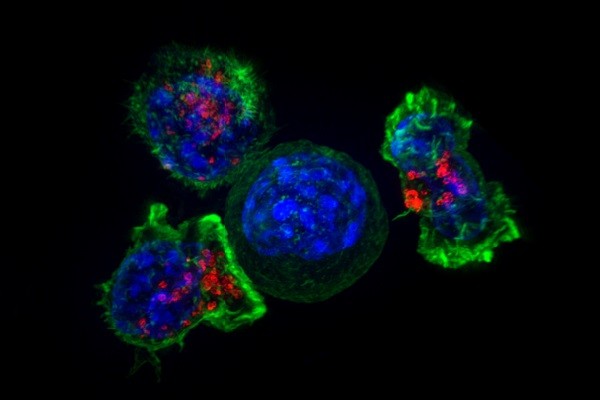An international research team led by Chang Gung Memorial Hospital found that antigen-specific T-cell receptors (TCR) played an important role in triggering drug allergies, which, though sometimes lethal, could be harnessed as an innovative cancer treatment, the Central News Agency (CNA) reports.
The research team found that antigen-specific T-cell receptors in the human immune system may react with drugs, mistaking them for invading pathogens, and activate cytotoxic T cells, which produce proteins that attack the mistaken pathogens and bring collateral damage to healthy cells, leading to drug allergies. The research results were published in the journal Nature Communications in August.
Scientists have already found that human leukocyte antigen (HLA) system is responsible for serious and even lethal drug allergies, such as Stevens-Johnson syndrome (SJS) and Toxic Epidermal Necrolysis (TEN). However, not all individuals carrying these genetic traits will experience drug allergies.
The research explained that both HLA and specific TCRs are important factors in immune failure. Dr. Chung Wen-hung (鐘文宏), who participated in the research, said that identification of a TCR's structure is the crucial first step in designing new drugs that will not trigger allergic reactions.
The research has also inspired Dr. Hung Hsun-yu (洪舜郁), who is leading another study on immunotherapy at Chang Gung Memorial Hospital, to come up with an innovative way of killing cancer cells. The idea is using micro-molecule drugs to activate cytotoxic T-cells through TCRs and then further training these T-cells to attack malignant cells to cure cancer.
Hung said this new method will be tailored to each individual patient to cope with different cancer types. His team is already applying to register the treatment with the Ministry of Health and Welfare, hoping it will eventually be utilized in clinical treatment in the future.
By Taiwan News








